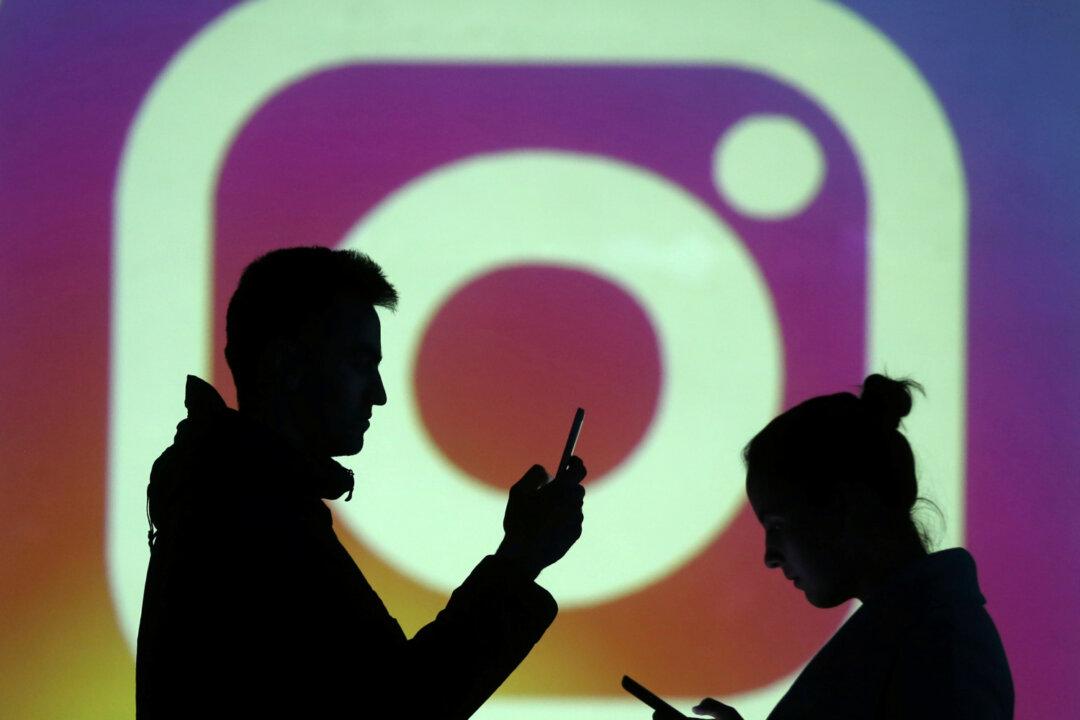Instagram, owned by Facebook, has banned Federal MP Craig Kelly only a day after the company banned the member of parliament on Facebook.
Prior to Kelly’s Instagram ban, the politician announced his plan to propose a Bill that would seek to rein in the power of Big Tech companies like Facebook.





